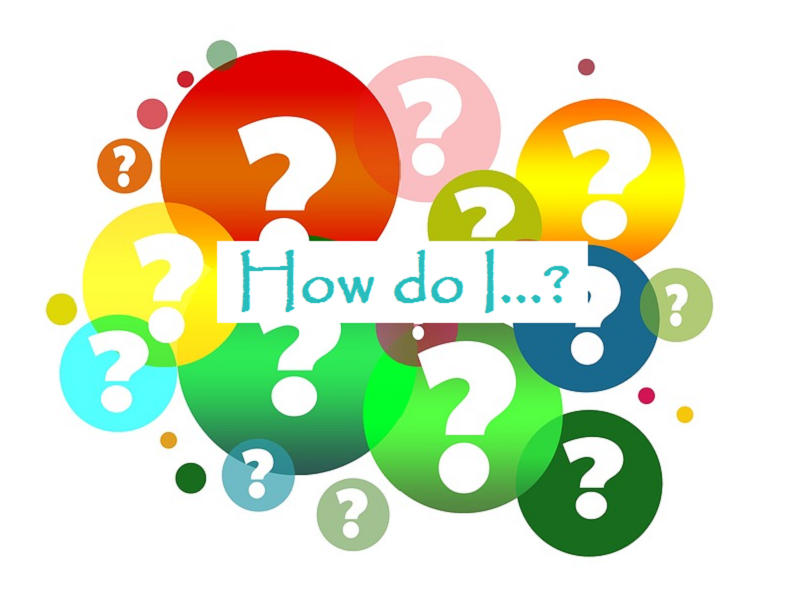Being Smart !== Feeling Smart
Planted December 05, 2020
Would you rather be smart or feel smart?
I’m not even sure I agree with the word smart but I’m curious about the question anyway (there are lots of ways to be “smart” and measuring them seems ridiculous to me).
Our brains are weird. We get a dopamine hit when we successfully recall a piece of information. If, when asked, you remember the actor who starred in that movie that time - you get a jolt of feel-good chemicals dumped into your brain. Amazing! You’ve retrieved that information!

But, if you look it up or read it in an article, you also get that hit. Here’s the thing though, your brain convinces itself that you knew the information all along.
This is tied in to the cognitive bias referred to as the mere exposure effect. Being exposed to something often makes us think it is important and relevant. It also makes us think we are more skilled in it than are (this is why most people think they are good at multi-tasking even though they are measurably not).
A common study strategy is re-reading and, boy, is that a bad strategy! In re-reading, we convince ourselves that we know the material (we feel smart) even as we aren’t really learning it (we aren’t getting smarter). Seeing the information again convinces our brains that we’ve retrieved the information and we get the dopamine hit. More often, though we’ve remembered seeing it on the page before and feel like an expert. It’s like fast food - convenient and available - but it isn’t nutrious and it doesn’t help us learn.

The other side of this is that when we are actually learning, it is hard work. It doesn’t necessarily feel good not to know or do the work to change that. In that period of time, you often don’t feel smart even as you’re actively becoming smarter.
I love teaching. When I plan a curriculum there is a temptation to perfectly craft the journey of the learner. Thinking that my activity planning is the most important thing - that this exact series of experiences is going to help the student achieve all their learning goals.
I might categorize the knowledge, come up with questions and activities, layer my explanations and expositions - all important things! But, I’m doing most of the work here. My understanding of the material is through the roof when I finish prepping.
If the journey through my material is too easy, too straight-forward or obvious, then my learners are less likely to recall it at a later date.
If the journey is too challenging, then they are probably going to throw up their arms and think I’m a crappy teacher.
The person who does the work of forming meaning is the one who gains most from a learning experience. So, planning too much and not allowing discomfort for students actually does them a disservice (even if they find it more pleasant).
Some of this can be helped by having a different focus for planning. Understanding by Design is a model focused on backward knowledge planning (rather than forward activity planning). Instructors focus first on the target knowledge, on the challenging questions and desired results. Then they think about how a learner could demonstrate to themselves that they understood the material. Only then are activites and lessons planned and prepared.
But still, how can I help my learners become smart and feel smart?
Like most things, I think this has to come primarily from the learner rather than the instructor.
With egghead, I produce short 2-4 minute videos that clearly answer a single question - “How do I …?”. Someone comes to that video often with a question in mind and I’m trying to provide the quickest route to the answer.

When working on a course, each video has this same feel. Someone might come to that video in isolation looking for an answer while another person might watch the whole course from beginning to end.
In a classroom or workshop situation this is more straightforward. I talk a lot about activating prior learning. So, I ask questions before I teach the material - have learners write down or submit what they think the answer is going to be.
Trying to answer a question you don’t know the answer to primes your brain to want to know the answer (and to remember it).
In an online asyncrounous course I can leave prompts, ask questions and set challenges. However, it’s up to the learner what they do.
As a learner, I can watch the videos, nod sagely, finish a course and feel like I know that material.
Alternatively, I can engage with the material more actively. I can look at the title and scribble down quickly how I think the goal is going to be achieved. I can watch it on 2x first, write down what I was unsure about and then watch it again. I can set myself up to be smart, to learn and to grow, rather than tricking and robbing myself of a learning opportunity.
So, that course or book you bought? That video or webinar you’re planning on watching? How can you use it as an opportunity to learn rather than an opportunity to feel like you knew something already? ---
I care a lot about learning. Both how we learn as individuals and how we do education as a society.
I write a weekly newsletter where I share some of my thinking on these topics and on things I’m teaching (tends to be web development stuff right now).
I also share cool projects that I find around the web. If you’re interested in any of that sign up below.



